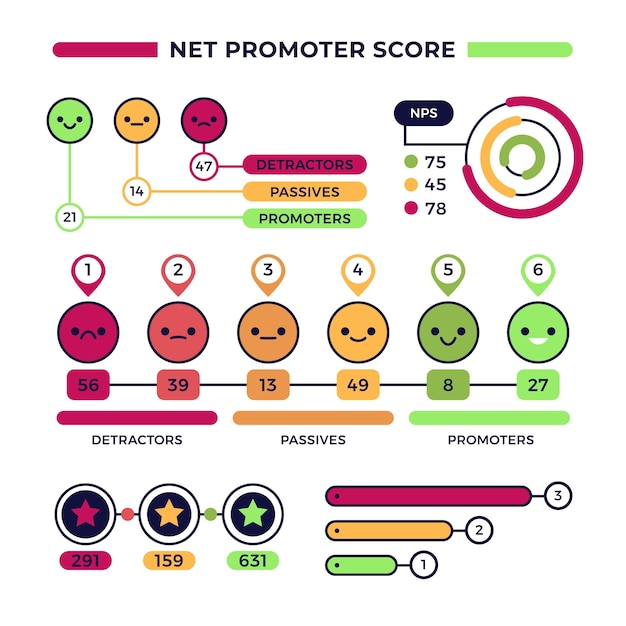
When talking about future events or actions, English grammar offers various ways to express them. Two common ways to discuss the future are using “going to” and “will.” While they both indicate future tense, there are subtle differences in their usage. In this article, we will explore the distinctions between “going to” and “will” and provide examples to help you understand how to use them appropriately.
Going To
The phrase “going to” is used to express future plans, intentions, or predictions based on present evidence. It refers to actions that are already planned or decided upon. Here are some key features of “going to” and its usage:
| Feature | Example |
|---|---|
| Future plans | I’m going to visit my grandparents next weekend. |
| Predictions based on present evidence | Look at those dark clouds! It’s going to rain soon. |
| Intentions | I’m going to start a new exercise routine from tomorrow. |
As you can see from the examples above, “going to” is used to describe events or actions that have a higher probability of happening due to prior decisions, plans, or observable evidence.
Will
The auxiliary verb “will” is also used to express the future tense. However, it is generally used for spontaneous decisions, promises, offers, or predictions based on personal opinions or beliefs. Here are some examples:
| Feature | Example |
|---|---|
| Spontaneous decisions | Oh, I forgot to buy milk. I’ll go to the store now. |
| Promises | I promise I will help you with your project. |
| Offers | Don’t worry, I’ll carry your bag for you. |
| Predictions based on personal opinions | I think it will be a great movie. |
From the examples above, you can see that “will” is often used for decisions made at the moment of speaking or expressing personal beliefs or opinions.
Usage Comparison
Now that we understand the basic distinctions between “going to” and “will,” let’s compare their usage side by side:
| “Going To” | “Will” |
|---|---|
| Future plans and decisions | Spontaneous decisions |
| Predictions based on present evidence | Predictions based on personal opinions |
| Intentions | Promises |
Remember, it is essential to choose the appropriate form based on the context and intended meaning of your sentence. Pay attention to the subtle differences between “going to” and “will” to ensure accurate communication.
In conclusion, both “going to” and “will” are used to express future actions or events. “Going to” is ideal for discussing future plans, intentions, or predictions based on present evidence, while “will” is suitable for spontaneous decisions, promises, offers, or predictions based on personal opinions or beliefs. By understanding their distinctions and practicing their usage, you can confidently communicate about the future in English.



